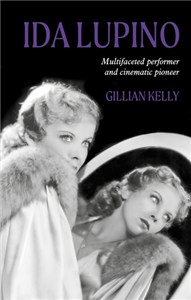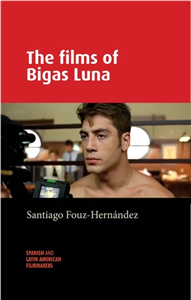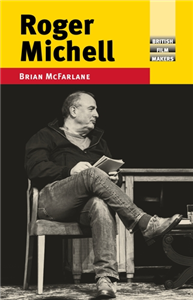Since the release of his first feature (Tesis) in 1996, Alejandro Amenábar has become the 'golden boy' of Spanish filmmaking, its 'King Midas', - a bankable star director - whose brand virtually guarantees quality, big audiences and domestic box office success. He has directed three of the biggest grossing movies in Spanish film history and has enjoyed enormous international and critical acclaim (including an Oscar for Best Foreign Film for Mar Adentro/The Sea Inside, 2004). With Alejandro Amenábar, Jordan provides the first full-length study in English of Amenábar's shorts and feature films. Known for his spectacular imagery, sophisticated editing, memorable sound-tracks and challenging subject matter, Jordan shows how Amenábar makes a serious and socially aware, exportable 'middlebrow' cinema, designed for global audiences. There is also a detailed analysis of his engagement with popular film genres as the basis for an auteur cinema, and Jordan incorporates a reappraisal of Amenábar's auteurism as fundamentally decentred and shared. The book will be an essential resource for teachers, students, scholars and fans of Amenábar. It will also appeal to a wider readership, such as those who work in the film, media and culture industries as well as those who have a general interest in the best of Spanish, European and World cinema. ;

























